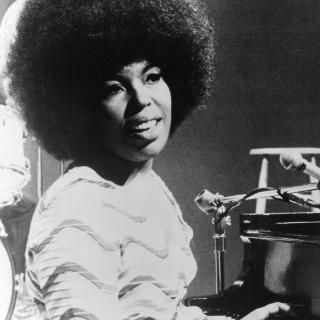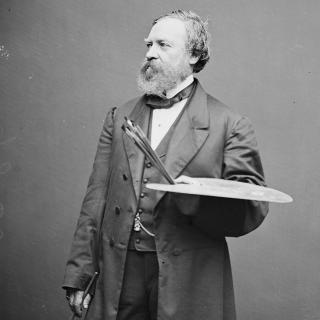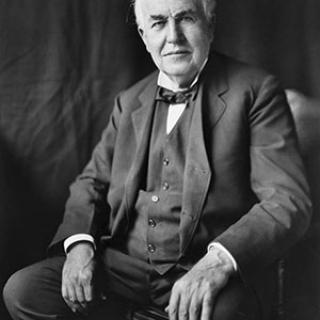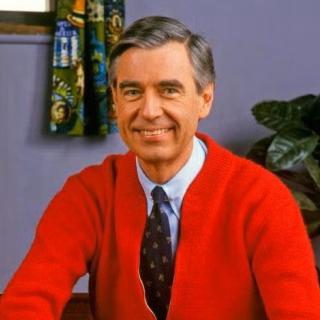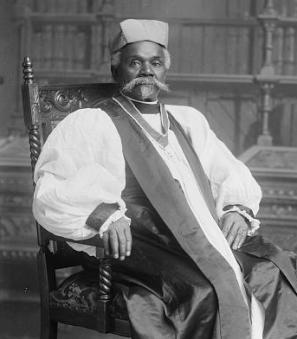First Union Officer Killed in Civil War Was a Friend of Lincoln
Possibly the toughest part of being a President is having to send U.S. forces into combat, knowing that some of them will not return alive. After the Civil War began in 1861, President Abraham Lincoln had to face that terrible reality very quickly. On the morning of May 24, 1861, a personal friend of the President, Col. Elmer Ellsworth, became the first Union officer to be killed in the conflict in nearby Alexandria, Virginia.
According to his New York Times obituary and other sources, Ellsworth was a New York native and he worked for a time as printer in Boston before moving to Illinois, where he worked as a patent agent in Rockford and then studied law in Chicago. In 1860, he took a job in Abraham Lincoln's law office in Springfield, the state capital. There, Ellsworth and Lincoln became friends.
Besides law, Ellsworth had another interest. He'd dreamed as a youth of becoming a U.S. Army officer, but had lacked the education to attend West Point. So instead, he read books about military history and tactics. He became fascinated with the Zouaves, a force of Algerian soldiers who fought with distinction on the French side in the Crimean War, and were famous for their flamboyant, flowing red and blue uniforms topped with a fez or turban. In 1859, Ellsworth organized his own militia unit, the United States Zouave Cadets, which he outfitted in similarly colorful attire and trained in precision marching drills. The following year, Ellsworth took 50 of his men on a six-week tour of cities in the East and Midwest, and even performed on the White House lawn for President James Buchanan.
When Lincoln ran for President in the fall of 1860, Ellsworth worked in his campaign, and the following February joined a group of aides who accompanied Lincoln to Washington. Though Lincoln encouraged Ellsworth to seek a job in the War Department, Secretary of War Edwin Stanton apparently nixed the idea. But Ellsworth soon saw another opportunity. After forces from the newly-formed Confederacy attacked and seized Fort Sumter in April 1861, Lincoln called for the remaining states to raise 75,000 volunteer soldiers to the cause of preserving the Union. Ellsworth headed to New York City, where he began recruiting local firefighters to join a regiment of Zouaves who would, naturally, be under his command.
Ellsworth brought his 11th New York Volunteer Regiment to Washington, and pretty quickly, he joined in what would be his first — and last — military action.
According to Ted Pulliam's book Historic Alexandria: An Illustrated History, in the early morning darkness of May 24, 1861, Ellsworth his men boarded steamboats at the mouth of the Anacostia River and headed for Alexandria. It was the day after white Virginians had voted to secede, and Ellsworth's men were part of a Union force that aimed to occupy the city. As Confederate militias hastily assembled to defend Alexandria, Ellsworth and the Zouaves landed at the dock on Cameron Street and marched into the city. Initially, they met no resistance.
At the intersection of Cameron and Fairfax, Ellsworth broke away from the main force with a small detail of six to eight soldiers, on a mission that had more symbolic than strategic importance. They headed for the Marshall House Hotel on King Street, whose proprietor, James Jackson, flew a large Confederate flag from the roof. According to Pulliam's account, Ellsworth had seen the flag from Washington and promised the President's wife, Mary Todd Lincoln, that he would take it down.
After the soldiers entered the hotel, a night watchman named Joseph Padgett followed them and went to the second floor of the hotel to alert Jackson, informing him that Union soldiers were up on the roof and about to seize his flag. Jackson hurried back to his room and grabbed a double-barreled shotgun. Rushing up the stairs, he encountered Ellsworth, who was descending with the flag. Jackson then shot Ellsworth to death at point-blank range. That violent gesture of defiance cost Jackson his own life as one of Ellsworth's men — Cpl. Francis Brownell of Troy, New York — then fatally shot Jackson.
As recounted in Charles M. Segal's book Conversations With Lincoln, a New York Herald reporter, who accompanied Sen. Henry Wilson of Massachusetts to the White House a few hours after Ellsworth's death, encountered Lincoln just minutes after he got the news. They found the President gazing out a window, wracked by grief. "Excuse me, but I cannot talk," said Lincoln. Suddenly, Lincoln burst into tears, which he tried to conceal with his handkerchief. Finally, after walking around the room for a few minutes, Lincoln regained his composure. "I make no apology, gentlemen, for my weakness," he explained. "I knew poor Ellsworth well, and held him in high regard."
The next day, Ellsworth's funeral service was held in the East Room. Lincoln wrote a letter to Ellsworth's parents, in which he praised his friend's leadership abilities and mourned the loss of his potential greatness.
So much of promised usefulness to one's country, and of bright hopes for one's self and friends, have rarely been so suddenly dashed, as in his fall. In size, in years, and in youthful appearance, a boy only, his power to command men, was surpassingly great. This power, combined with a fine intellect, an indomitable energy, and a taste altogether military, constituted in him, as seemed to me, the best natural talent, in that department, I ever knew....
My acquaintance with him began less than two years ago; yet through the latter half of the intervening period, it was as intimate as the disparity of our ages, and my engrossing engagements, would permit. To me, he appeared to have no indulgences or pastimes; and I never heard him utter a profane, or intemperate word. What was conclusive of his good heart, he never forgot his parents.
Lincoln's closing was a particularly poignant one: "Sincerely your friend in a common affliction." He surely knew that it was the first of many such sad letters that he would write over the next few years, and that the lives of many other promising young Americans would be cut short by the struggle to come.


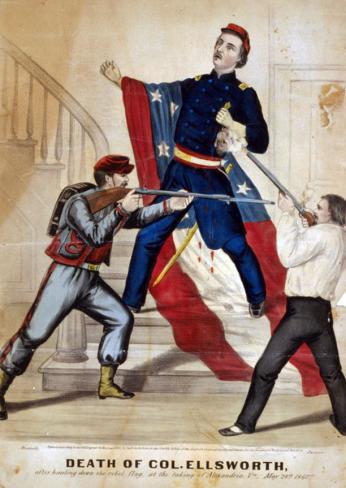
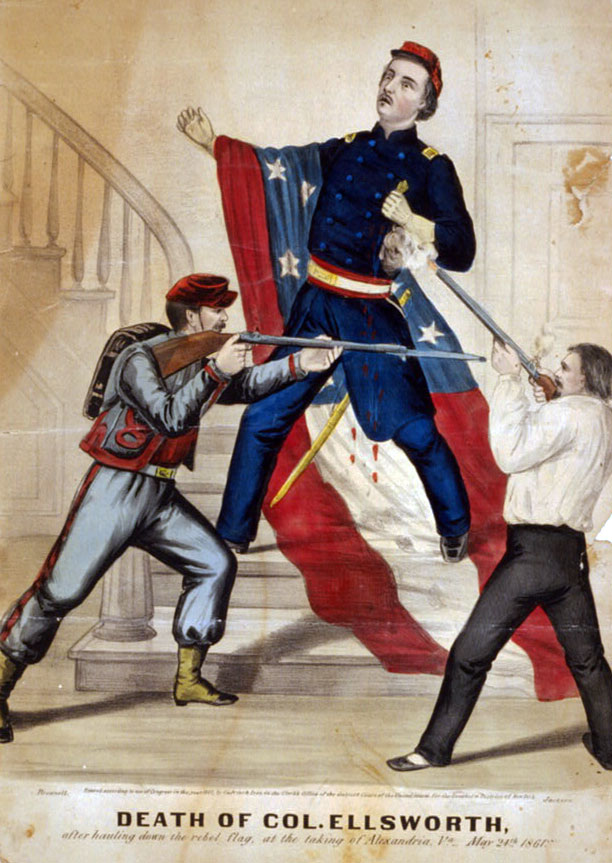
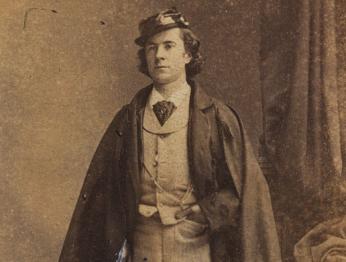
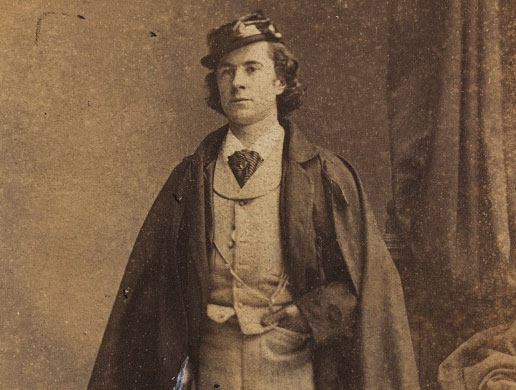

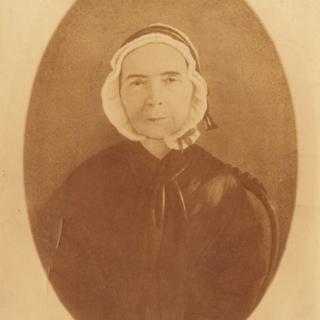
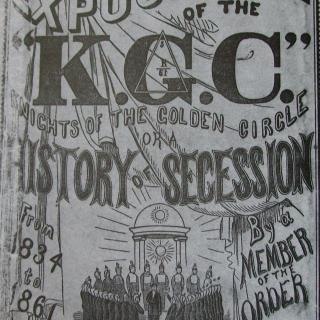
![Sketch of the mythical fuan by Pearson Scott Foresman. [Source: Wikipedia]](/sites/default/files/styles/crop_320x320/public/2023-10/Goatman_Wikipedia_Faun_2_%28PSF%29.png?h=64a074ff&itok=C9Qh-PE1)







